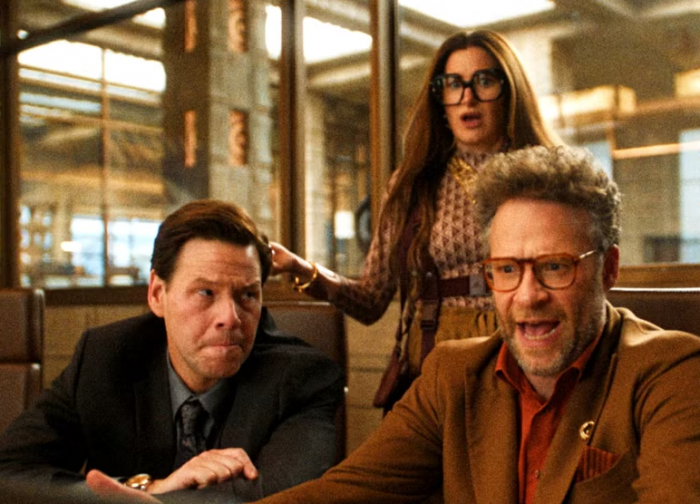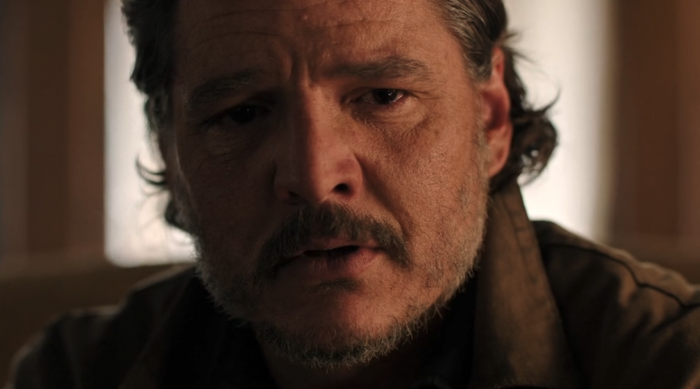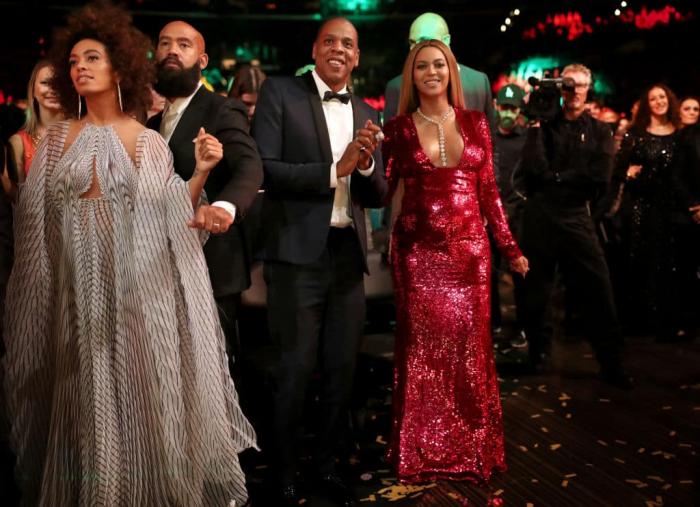
Jenna Ortega and the Perils of Being Called Ungrateful
By Kayleigh Donaldson | Celebrity | March 17, 2023

Thanks to the success of the Netflix series Wednesday, actress Jenna Ortega has been catapulted into stardom. She’s a SAG Award nominee, an SNL guest host, and is reportedly in talks to join the cast of the long-awaited sequel to Beetlejuice. It’s a good time to be her. So, it’s kind of a surprise that she’s been so open in discussing how much she didn’t want to do the show that made her famous. Ortega has talked about the frustration she faced with the scripts, the changes she made on-set, and going against the writers at various points to define the character in the way she wanted. A 20-year-old former child star being so vocal about her first major starring role, one with a second season on the way, is the stuff of Discourse nightmares. It has, of course, led to repeated use of the term ‘ungrateful.’ Steven DeKnight, a producer on Daredevil and Buffy the Vampire Slayer, called Ortega’s comments ‘beyond entitled and toxic’, although he later walked that back somewhat. The New York Post, ever the arbiter of moral correctness, even posited that she should lose her career for it, comparing her to Katherine Heigl.
Ortega certainly isn’t the first actor to openly criticize one of their own projects. Kristen Stewart recently claimed that only a handful of the many films she’s made were any good. Jennifer Lawrence regretted making Passengers while Viola Davis got candid about The Help and how she had some regrets about the ways that film did not center the voices of Black women. It’s almost a rite of passage, a moment of willing humility for an actor to admit that they made a bad film or were bad in it. See George Clooney with Batman and Robin for an example that is now an extra quirk of his charming persona, or Alec Guinness’s endless scorn for Star Wars.
It’s less common, however, for actors to condemn their films while promoting them, or to do so quickly after their release. Jim Carrey is an exception, having felt he couldn’t promote Kick-Ass 2 and its intense violence following the events at Sandy Hook. Generally speaking, one isn’t encouraged to shit-talk the thing you’re trying to get a few million people to pay $20+ for. This is typically where a harried publicist runs in to shut questioning down, or pre-emptively write the Notes App apology for social media to ‘clarify’ what their client actually meant to say. We see this as common courtesy. After all, most normal people couldn’t get away with openly slagging off their job.
I’ve become increasingly wary of the concept of being grateful and how it’s become heavily weaponized, particularly against marginalized voices. I’m a cis white woman but I’m certainly keenly familiar with being tutted at for not showing enough slavering gratitude for something that I felt mild discomfort over. A lot of labour critiques are wrapped up in this faux-positive notion of gratitude, such as the heavily anti-union tactic of insisting that your bosses are like your family and you’d never be so mean to your parents, right?
A hell of a lot of people of color know this conundrum all too well, especially in the world of entertainment. Constance Wu faced incredible pushback for her tweets when her series, Fresh Off the Boat, was renewed and she was seen as a cruel diva for not being delighted by the news. When she later revealed how the abuse she faced for those tweets pushed her to attempt suicide, and that she’d been sexually harassed on the set of the show, her seeming lack of gratitude felt like the least of our problems. Way too many tweeters pretended they weren’t part of the onslaught after that. Recently, the actress and writer Sara Porkalob went viral when a Vulture interview she did to promote the Broadway musical 1776 detailed her dissatisfaction with the production. She noted the problems with the show, which is about the founding fathers but featured an entirely female and non-binary cast, and how she viewed working on it less as an honor and more as a job. For many Broadway fans and workers, Porkalob broke the illusion of their occupation and the notion that it’s a sacred profession that can never be criticized, even if you’re entirely in the right in doing so.
There’s something about working in entertainment that leads to a lot of furor over seeming gratitude. It’s a tough field to make a living in and even harder to maintain, so noting that it’s all just a new gig or that it’s not the privilege of a lifetime to star in a certain project cannot help but seem off to the outside world. If you’re not happy, why not try a regular job, right? But you shouldn’t have to show blind allegiance to your regular job either.
Ortega is young and the industry is (supposed to be) changing. It’s telling how much of the faux-outrage over her statements ignores what she said about feeling overworked on the set of Wednesday, thanks to 12-to-14-hour days and the various lessons required for the character, including learning to play the cello. The International Alliance of Theatrical Stage Employees (IATSE) came very close to striking in 2021 over these kinds of work conditions, which led many employees to dangerous levels of exhaustion. Also, guess which ‘difficult’ actress stood in solidarity with IATSE and called out the kind of indecent work hours that hurt everyone on and off the set? Katherine Heigl.
Frankly, even if you find Jenna Ortega’s comments to be extremely gauche or rude, and I totally get that, I have little motivation to side with the likes of the New York Post in hoping a young woman’s career is hindered as punishment for not shutting up and staying in line. It doesn’t take much for a marginalized voice to be deemed ‘ungrateful’, and we’ve seen how such people were thrown under the bus by abusers, harassers, and straight-up bigots over the decades. Fortunately for Ortega, she’s currently very popular, already signed on to the second season of Wednesday, and getting an executive producer credit for her troubles. Alas, I doubt her candour will encourage others to call out industry nonsense, not while the scales of power remain as hopelessly imbalanced as they do.



